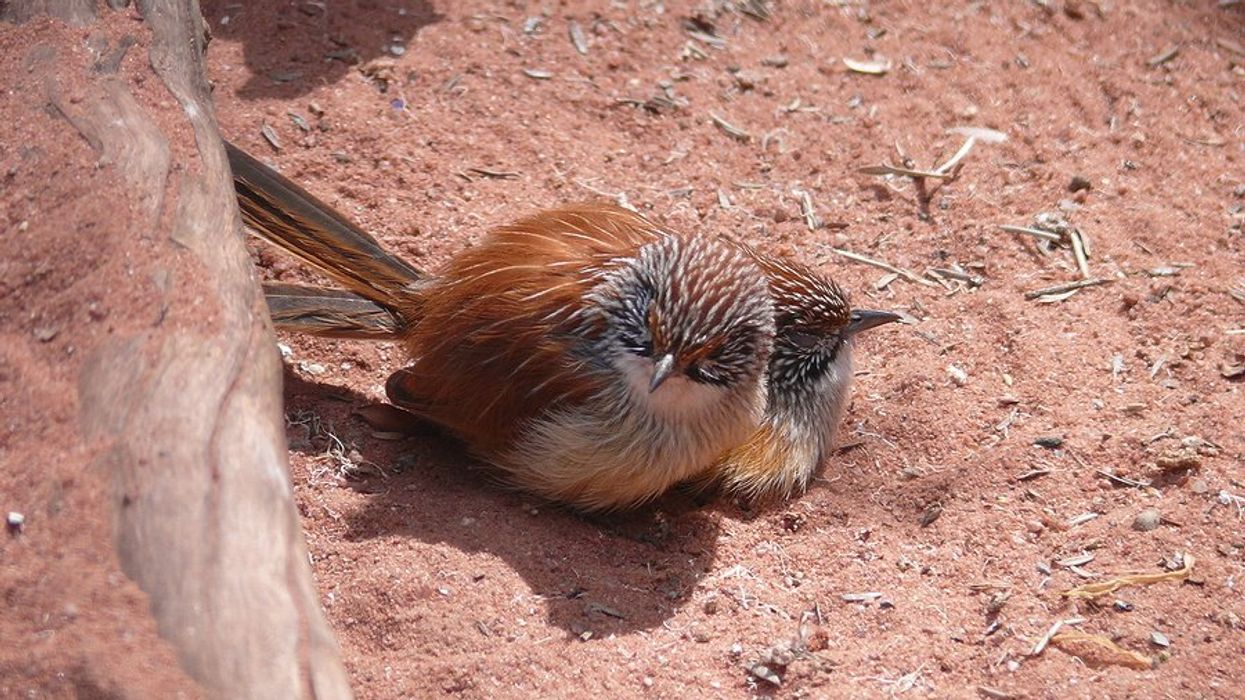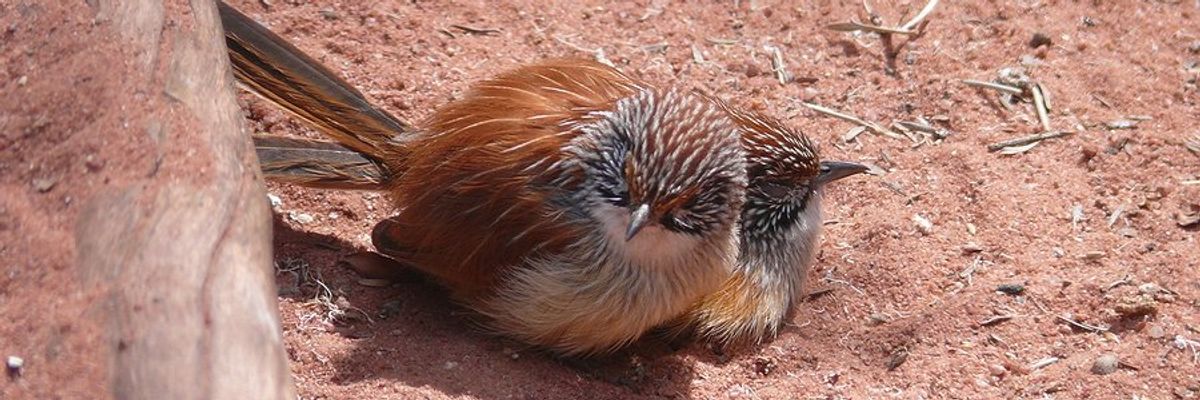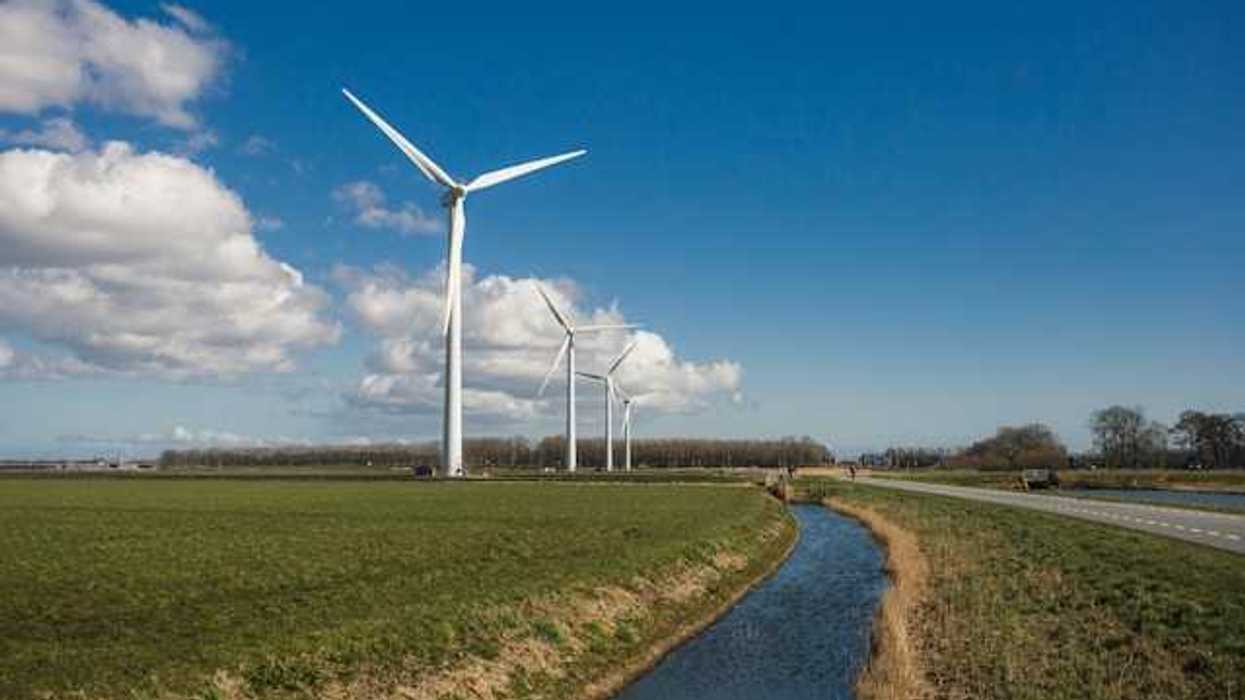A global study tracking 3,000 bird species over 70 years has linked climate-driven extreme heat to steep population declines in the tropics, with some species losing more than a third of their numbers.
Will Murray reports for ABC News.
In short:
- Researchers from the University of Queensland and Barcelona Supercomputing Centre found tropical bird abundance has fallen by 25–38% since 1950, largely due to prolonged heatwaves.
- Birds in dry tropical savannas, including northern Australia, face heightened risks from extreme heat, water scarcity, and increased fire activity.
- Smaller species, such as the endangered Carpentaria grasswren, are especially vulnerable because they must feed more often and cannot shelter during peak heat.
Key quote:
"This piece of science showed that it's actually the biggest factor causing declines in tropical birds around the world."
— James Watson, professor at the University of Queensland and co-author of the report
Why this matters:
Bird populations are a sensitive indicator of ecosystem health, and their decline signals deepening climate disruption. Tropical species, already adapted to stable conditions, are ill-equipped for the rapid shifts brought by human-driven warming. Heatwaves push many beyond their physiological limits, while altered rainfall patterns erode food and water availability. The loss of bird diversity can unravel ecological webs — affecting pollination, seed dispersal and pest control — while also threatening cultural and economic values tied to wildlife. In places like northern Australia, these changes compound the pressures from habitat loss, fire and invasive species, creating a feedback loop that accelerates decline.
Learn more: Bird populations in the Amazon are declining without clear cause
















